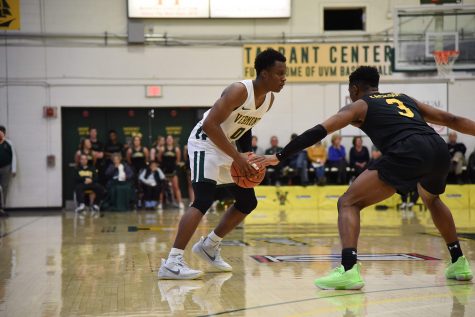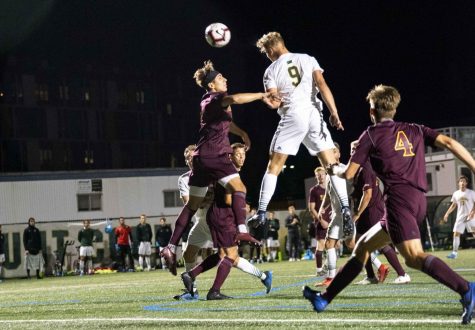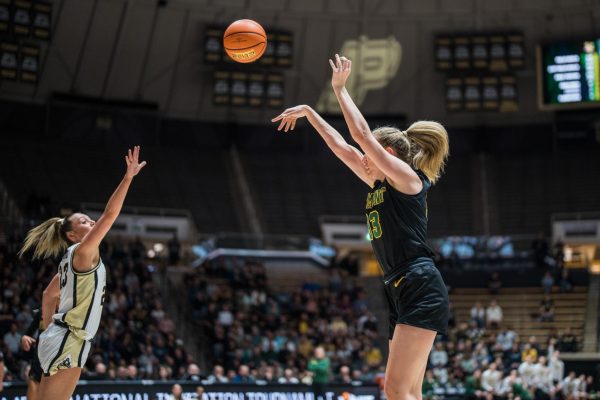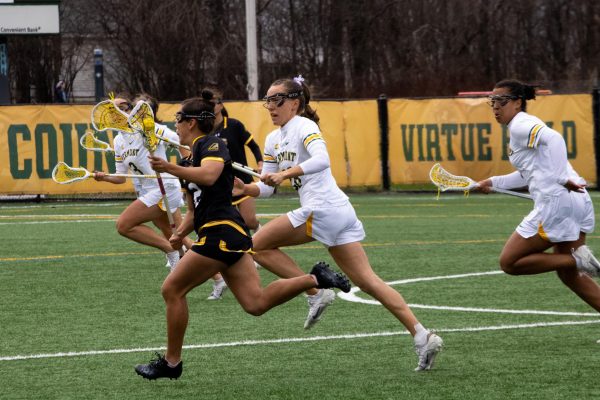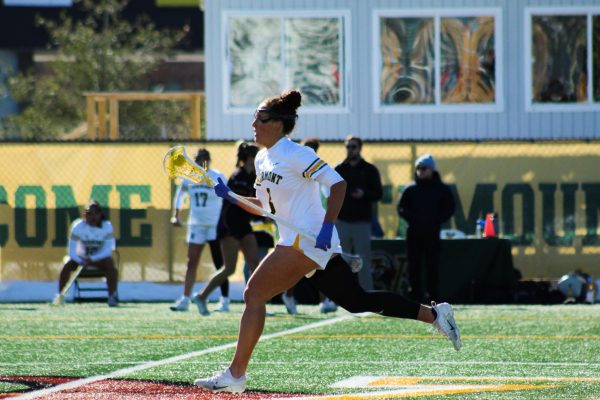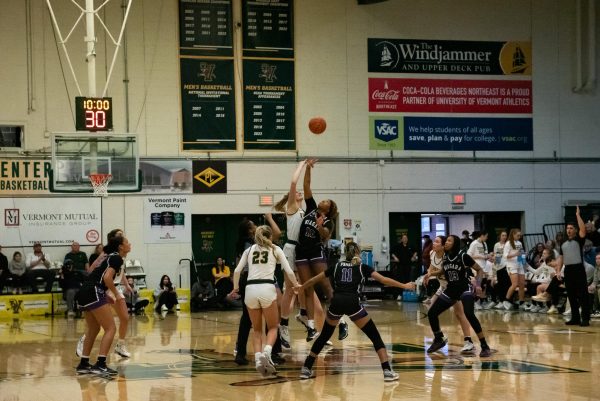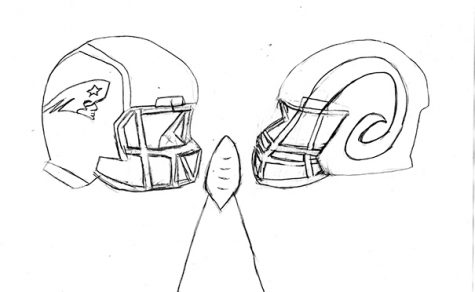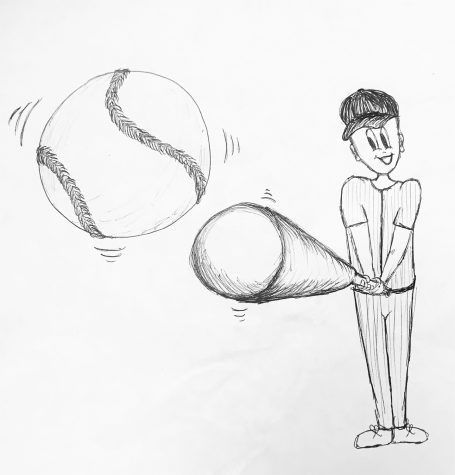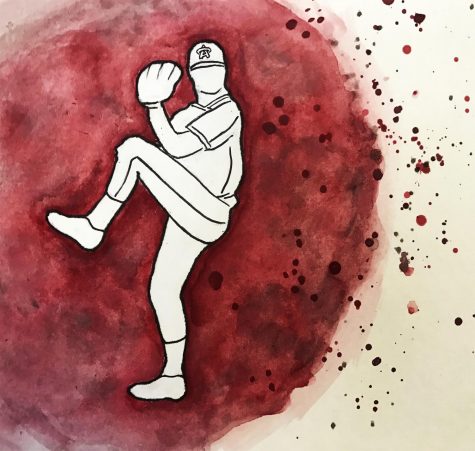NCAA’s actions send a message
Collegiate athletic championships will need to find a new home this season after the NCAA removed all championship games from North Carolina, in response to the HB2 “bathroom bill.”
HB2 is a law mandating that all people must use the bathroom of the gender they were assigned at birth, as opposed to the gender with which they identify.
The NCAA followed the lead of the NBA, who stripped the Charlotte Hornets of their right to host the 2017 NBA All-Star Game because of the “bathroom bill.”
The NCAA pulled seven championship events from the state this season, which will all be rescheduled for different locations.
These events included the men’s and women’s soccer championships, the NCAA women’s golf championships, and, most notably, the first and second rounds of the NCAA men’s basketball championship.
In a basketball-crazed state like North Carolina, the removal of the NCAA tournament will prove to be the most painful consequence of the NCAA’s actions.
Basketball powerhouses such as the University of North Carolina and Duke University rely on playing games in front of their home crowds during the NCAA tournament.
After these national events were removed from North Carolina, the Atlantic Coast Conference quickly followed their lead.
The ACC moved their championship game from Charlotte, a game that will most likely be contested between two football powers, and will determine a berth in the College Football Playoff.
This move is significant because the ACC is a traditionally southern conference, where this bill may not seem as controversial as it is elsewhere.
The ACC is headquartered in Greensboro, North Carolina. Arguably, their most successful and most prominent members are all North Carolina colleges: UNC, Duke , Wake Forest University and North Carolina State University.
It is promising to see the NCAA take a stand against an abhorrent and egregious law that marginalizes the rights of the transgender community in North Carolina.
The NCAA had taken a similar stance against an anti-LGBT law in Indiana, where the 2014 Final Four was scheduled to take place.
The law was changed and weakened before the games took place, allowing for the championship games to be played in Indianapolis.
Additionally, the UVM women’s basketball team made headlines for refusing to travel to play UNC, a premier opponent on their schedule, because of HB2.
These series of moves by the NCAA, NBA and ACC are all commendable to take a public stance against the law and to try to punish North Carolina economically by pulling these big-money events from the state.
Hopefully these developments will bring change to North Carolina after they have been publicly villainized for enacting this law.


